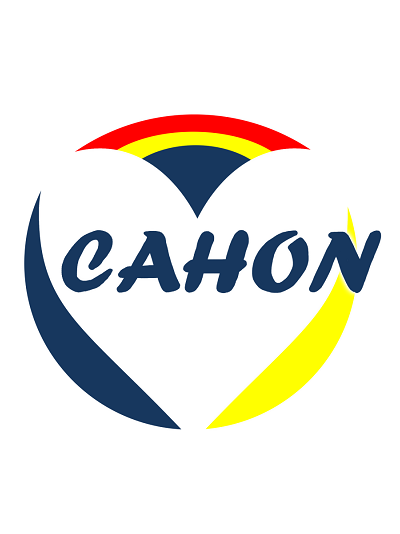胃肠道癌症免疫疗法的最新进展
IF 40.4
1区 医学
Q1 HEMATOLOGY
引用次数: 0
摘要
过去几十年来,胃肠道癌症的免疫疗法不断兴起。免疫检查点抑制剂(ICIs),尤其是程序性死亡蛋白1(PD-1)和PD配体-1抗体,在晚期和围手术期消化道癌症的治疗中发挥着越来越关键的作用。目前,抗PD-1加化疗被认为是治疗非选择性晚期胃/胃食管交界腺癌(G/GEJC)、错配修复缺陷(dMMR)/微卫星不稳定性高(MSI-H)结直肠癌(CRC)和晚期食管癌(EC)的一线方案。此外,Claudin18.2-重定向嵌合抗原受体T细胞(CAR-T)疗法在晚期消化道癌症中令人鼓舞的表现也为细胞疗法在实体瘤治疗中的应用带来了新的希望。尽管如此,消化道肿瘤的免疫疗法仍然不够精确,研究人员正致力于进一步提高和优化疗效。本综述总结了消化道癌症(包括EC、G/GEJC和CRC)免疫疗法的重要研究、最新进展和未来方向。本文章由计算机程序翻译,如有差异,请以英文原文为准。
Recent developments in immunotherapy for gastrointestinal tract cancers
The past few decades have witnessed the rise of immunotherapy for Gastrointestinal (GI) tract cancers. The role of immune checkpoint inhibitors (ICIs), particularly programmed death protein 1 (PD-1) and PD ligand-1 antibodies, has become increasingly pivotal in the treatment of advanced and perioperative GI tract cancers. Currently, anti-PD-1 plus chemotherapy is considered as first-line regimen for unselected advanced gastric/gastroesophageal junction adenocarcinoma (G/GEJC), mismatch repair deficient (dMMR)/microsatellite instability-high (MSI-H) colorectal cancer (CRC), and advanced esophageal cancer (EC). In addition, the encouraging performance of claudin18.2-redirected chimeric antigen receptor T-cell (CAR-T) therapy in later-line GI tract cancers brings new hope for cell therapy in solid tumour treatment. Nevertheless, immunotherapy for GI tumour remains yet precise, and researchers are dedicated to further maximising and optimising the efficacy. This review summarises the important research, latest progress, and future directions of immunotherapy for GI tract cancers including EC, G/GEJC, and CRC.
求助全文
通过发布文献求助,成功后即可免费获取论文全文。
去求助
来源期刊
CiteScore
48.10
自引率
2.10%
发文量
169
审稿时长
6-12 weeks
期刊介绍:
The Journal of Hematology & Oncology, an open-access journal, publishes high-quality research covering all aspects of hematology and oncology, including reviews and research highlights on "hot topics" by leading experts.
Given the close relationship and rapid evolution of hematology and oncology, the journal aims to meet the demand for a dedicated platform for publishing discoveries from both fields. It serves as an international platform for sharing laboratory and clinical findings among laboratory scientists, physician scientists, hematologists, and oncologists in an open-access format. With a rapid turnaround time from submission to publication, the journal facilitates real-time sharing of knowledge and new successes.

 求助内容:
求助内容: 应助结果提醒方式:
应助结果提醒方式:


